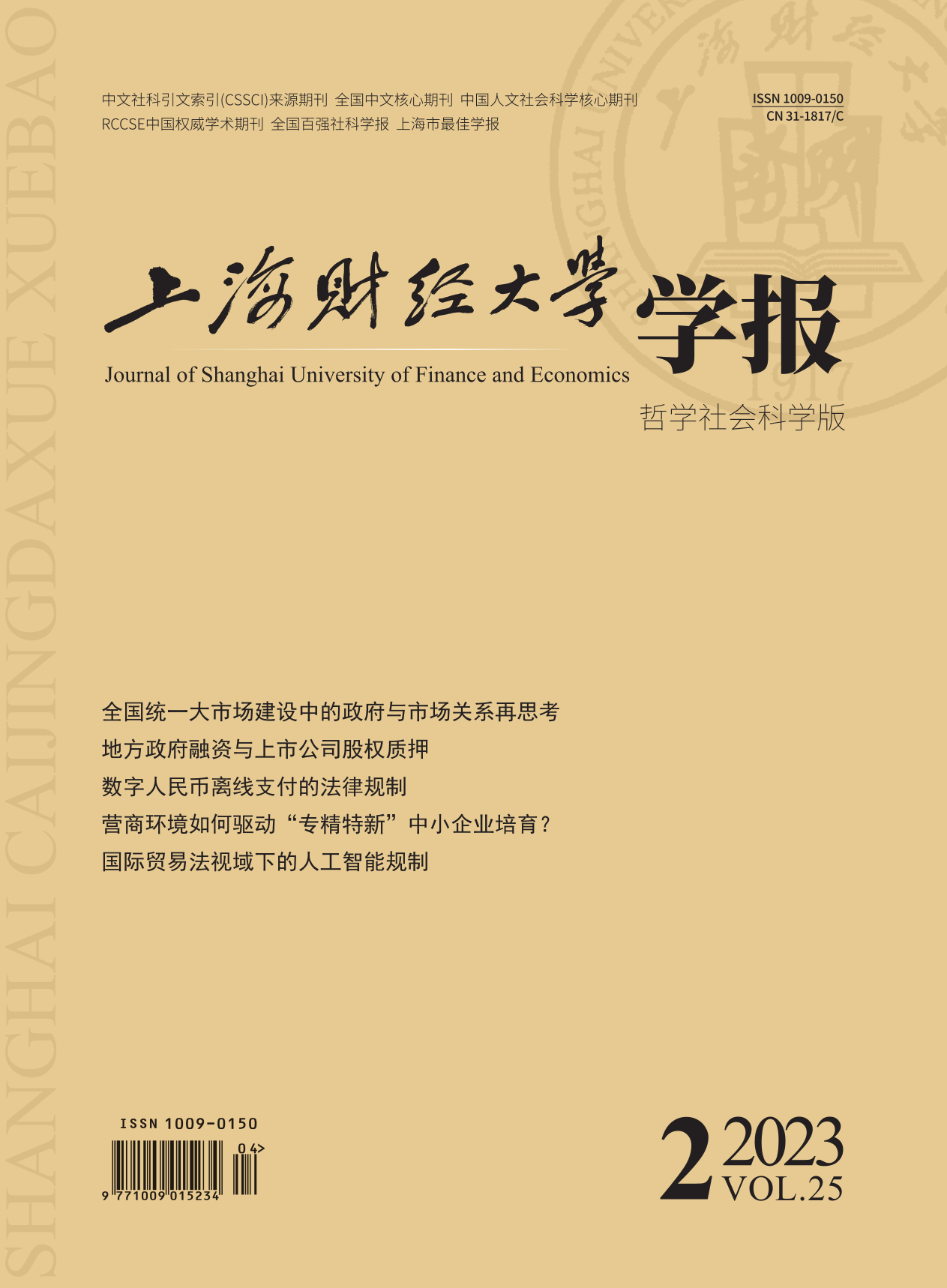ESG is highly compatible with the concept of high-quality development and is an important indicator to measure the sustainable development level of enterprises. With the proposal of the “carbon peak” and “carbon neutral” strategic objectives by the central government, the ESG performance of enterprises has gradually become a hot topic in the theoretical and practical circles. The existing literature focuses on the relationship between ESG performance and enterprise development, and there are few studies extend the economic consequences of ESG to market intermediary. Based on this, taking China’s A-share listed companies from 2010 to 2020 as the research object, this paper examines whether ESG rating will attract auditors’ attention and be reflected in the decision-making of audit report, and its internal mechanism, and further discusses the differential performance of the relationship between the two in different situations from the external institutional environment and internal enterprise characteristics. The study finds that, ESG rating can affect auditors’ decision-making on audit report. Auditors prefer to issue positive audit report for enterprises with high ESG rating. After replacing variables, changing sample size, adding control variables, PSM matching, instrumental variable method and other robustness tests, the conclusion is still valid. The mechanism test shows that information generation behavior and information disclosure behavior play an intermediary role in the above impact relationship. That is, ESG rating can reduce the probability of being issued negative audit report by influencing information generation behavior (improving enterprise operation and management) and information disclosure behavior (reducing information asymmetry). The heterogeneity analysis shows that the positive impact of ESG rating on audit report decision-making is more obvious when the intensity of local institutional regulation is stronger, or the enterprise is non-state-owned, non-polluting, or with a more effective internal control. The sub-item test shows that the performance of environmental protection (E) and corporate governance (G) dimensions can effectively reduce the probability of receiving negative audit report, but the performance of social responsibility (S) has a limited impact on audit report decision-making. The conclusions enrich the literature on ESG economic consequences and the influencing factors of audit report decision-making, providing a new research method for ESG economic consequences from the perspective of corporate behavior, and deepening the recognition that corporate behavior affects audit report decision-making. In addition, this paper provides feasible suggestions for regulators and listed companies to improve the enterprise management level and the information environment of the capital market, and provides a decision-making basis for auditors to avoid audit risks and improve audit efficiency.
 / Journals / Journal of Shanghai University of Finance and Economics
/ Journals / Journal of Shanghai University of Finance and EconomicsJournal of Shanghai University of Finance and Economics
LiuYuanchun, Editor-in-Chief
ZhengChunrong, Vice Executive Editor-in-Chief
GuoChanglin YanJinqiang WangWenbin WuWenfang, Vice Editor-in-Chief
ESG Rating of Listed Companies and Audit Report Decision-making: Based on the Perspectives of Information Generation and Information Disclosure
Journal of Shanghai University of Finance and Economics Vol. 25, Issue 02, pp. 107 - 121 (2023) DOI:10.16538/j.cnki.jsufe.2023.02.008
Summary
References
Summary
Cite this article
Tang Kaitao, Ning Jiali, Wang Lei. ESG Rating of Listed Companies and Audit Report Decision-making: Based on the Perspectives of Information Generation and Information Disclosure[J]. Journal of Shanghai University of Finance and Economics, 2023, 25(2): 107-121.
Export Citations as:
For
ISSUE COVER
RELATED ARTICLES




 8404
8404  13249
13249

